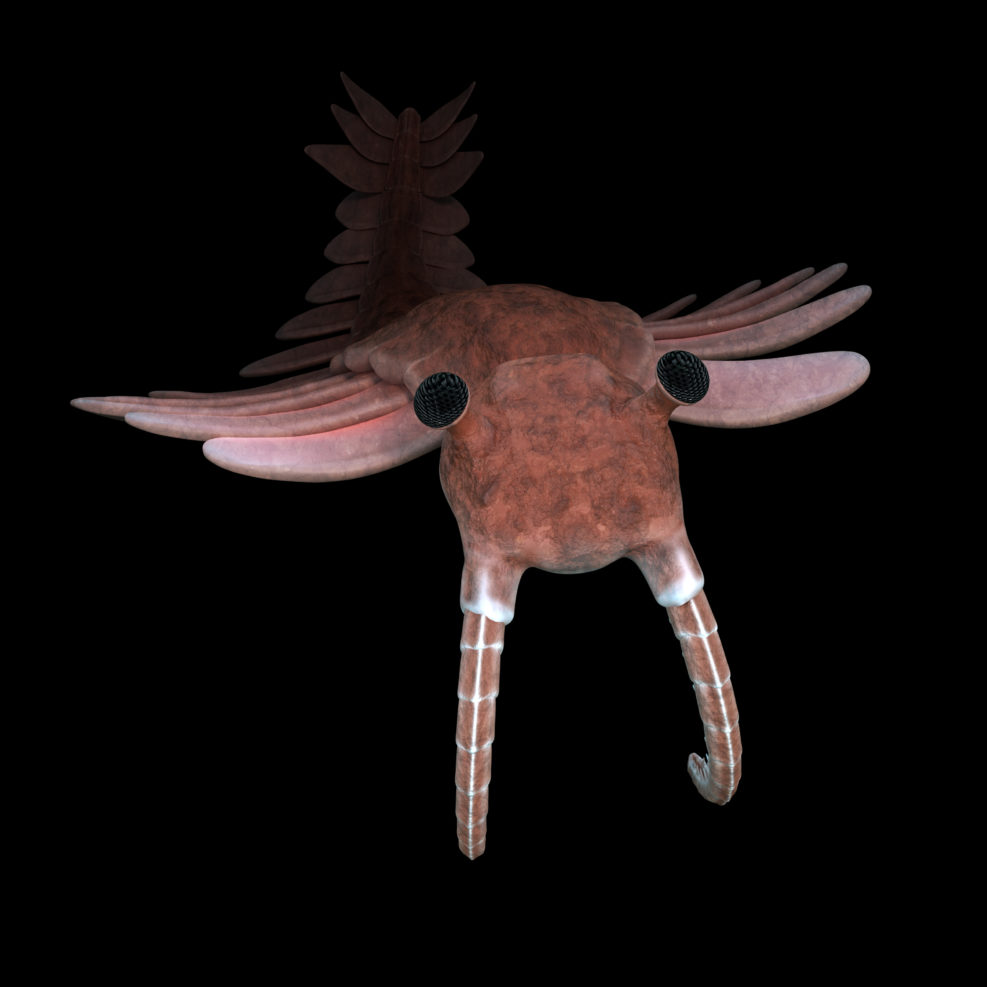
Evolution of Human Consciousness SOLVED! — Yet Again, It Seems…
What does the term “evolution” contribute to the discussion of the origin of human consciousness?At Psychology Today, we read a bold and simple claim about the evolution of consciousness: “A type of information processing called unlimited associative learning (UAL) may be necessary and sufficient for very basic sentience.” The article by University of Toronto psychiatrist Ralph Lewis begins on a very self-assured note: Nothing in biology makes sense except in the light of evolution. The gradualism of evolution has explained and dissolved life’s mysteries—life’s seemingly irreducible complexity and the illusion that living things possess some sort of mysterious vitalizing essence. So, too, evolution is likely to be key to demystifying the seemingly inexplicable, ethereal nature of consciousness. Ralph Lewis, “Learning May Be the Key to the Evolution of Consciousness” at Psychology Today (November 3, Read More ›

